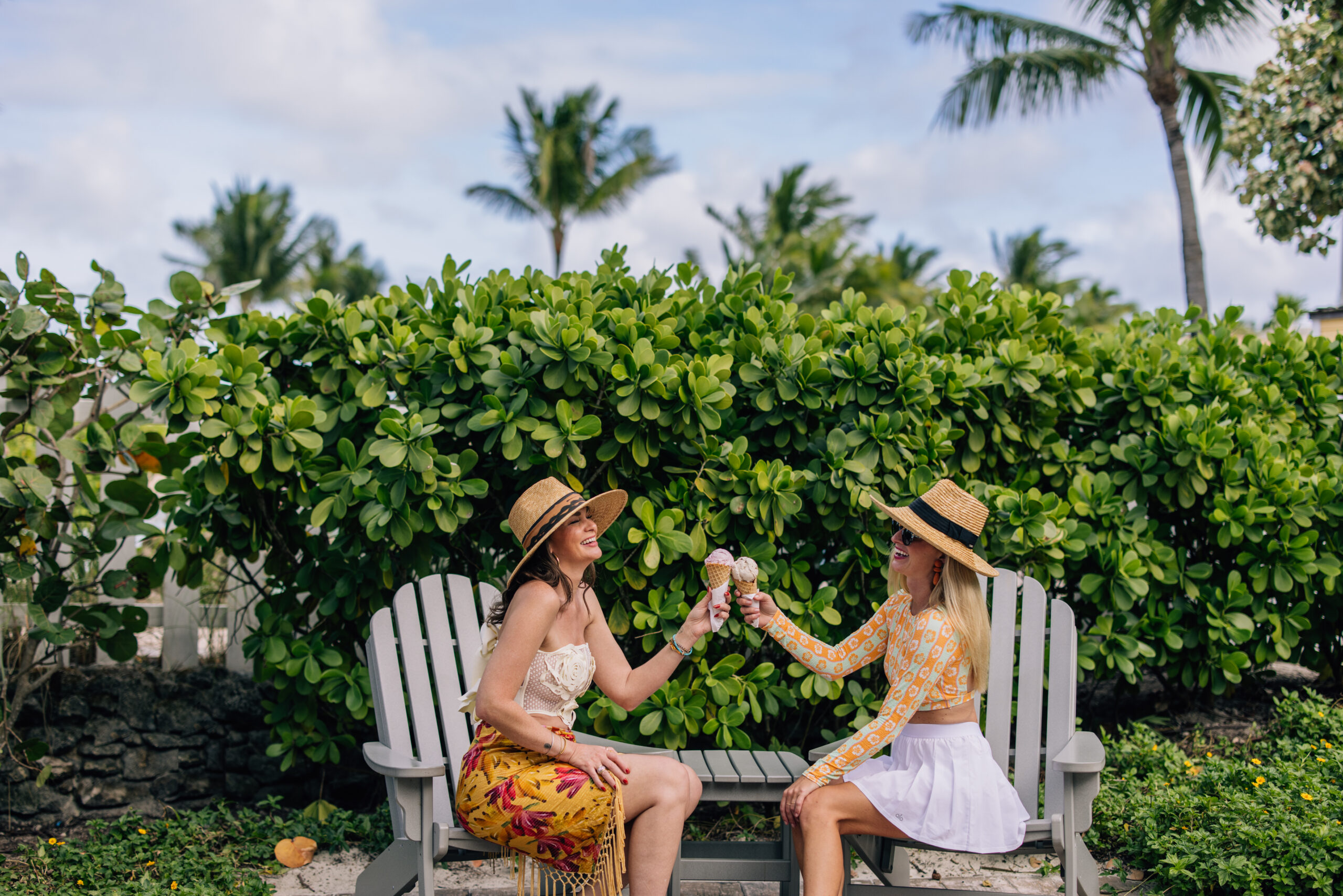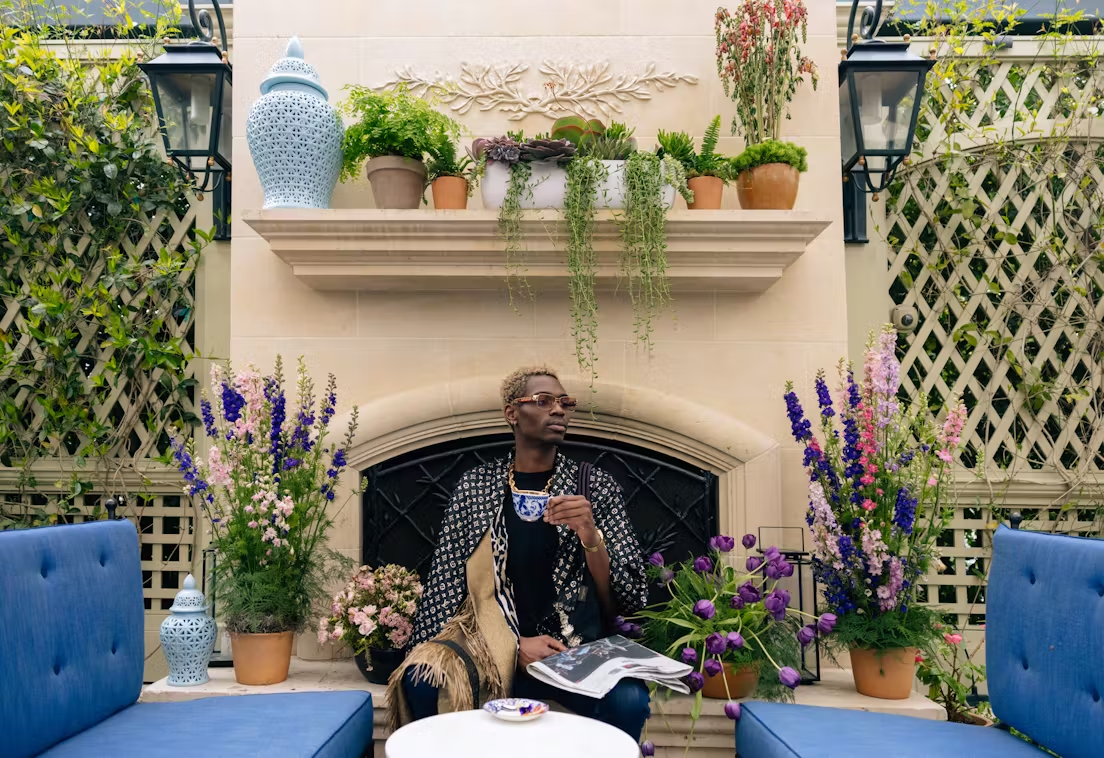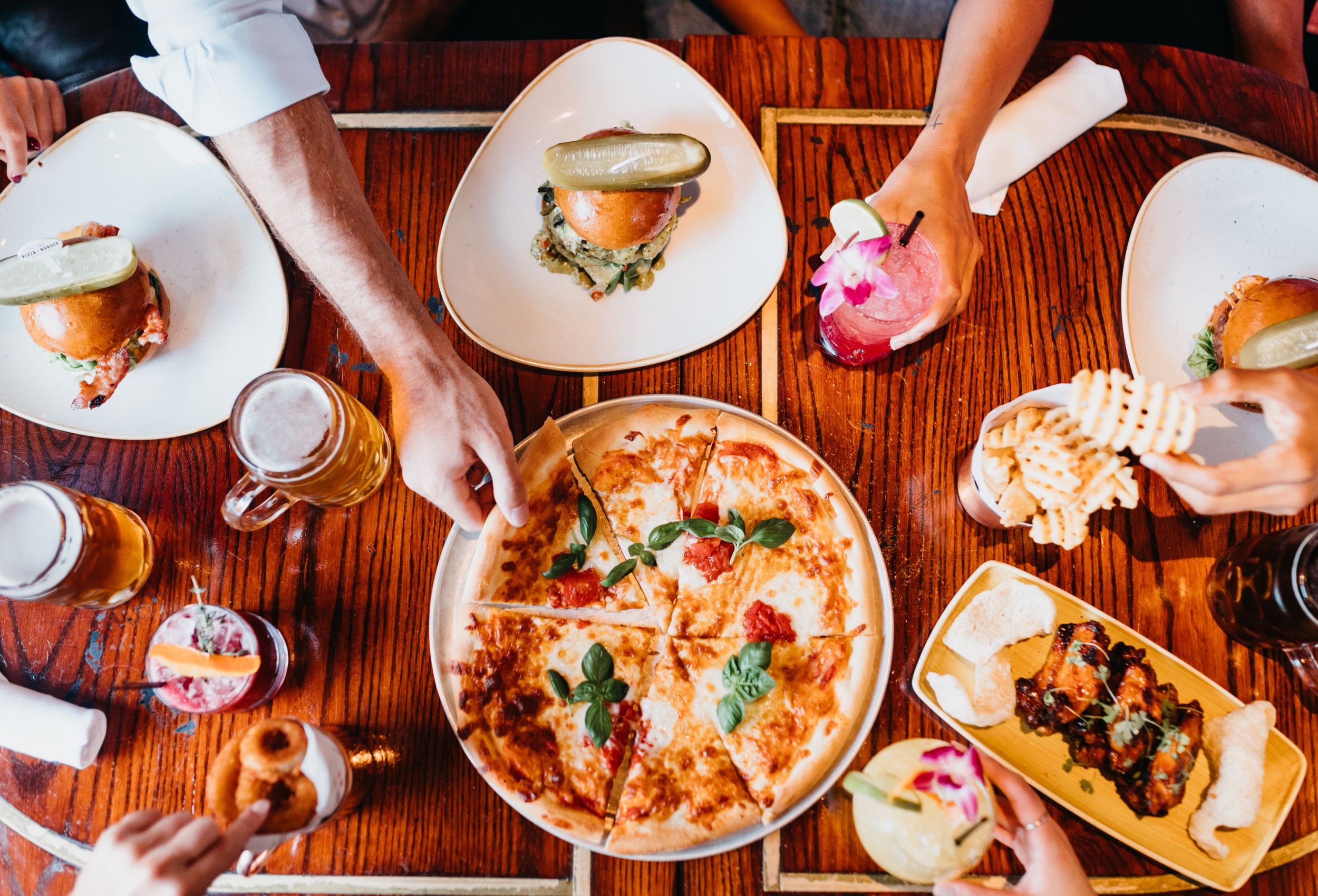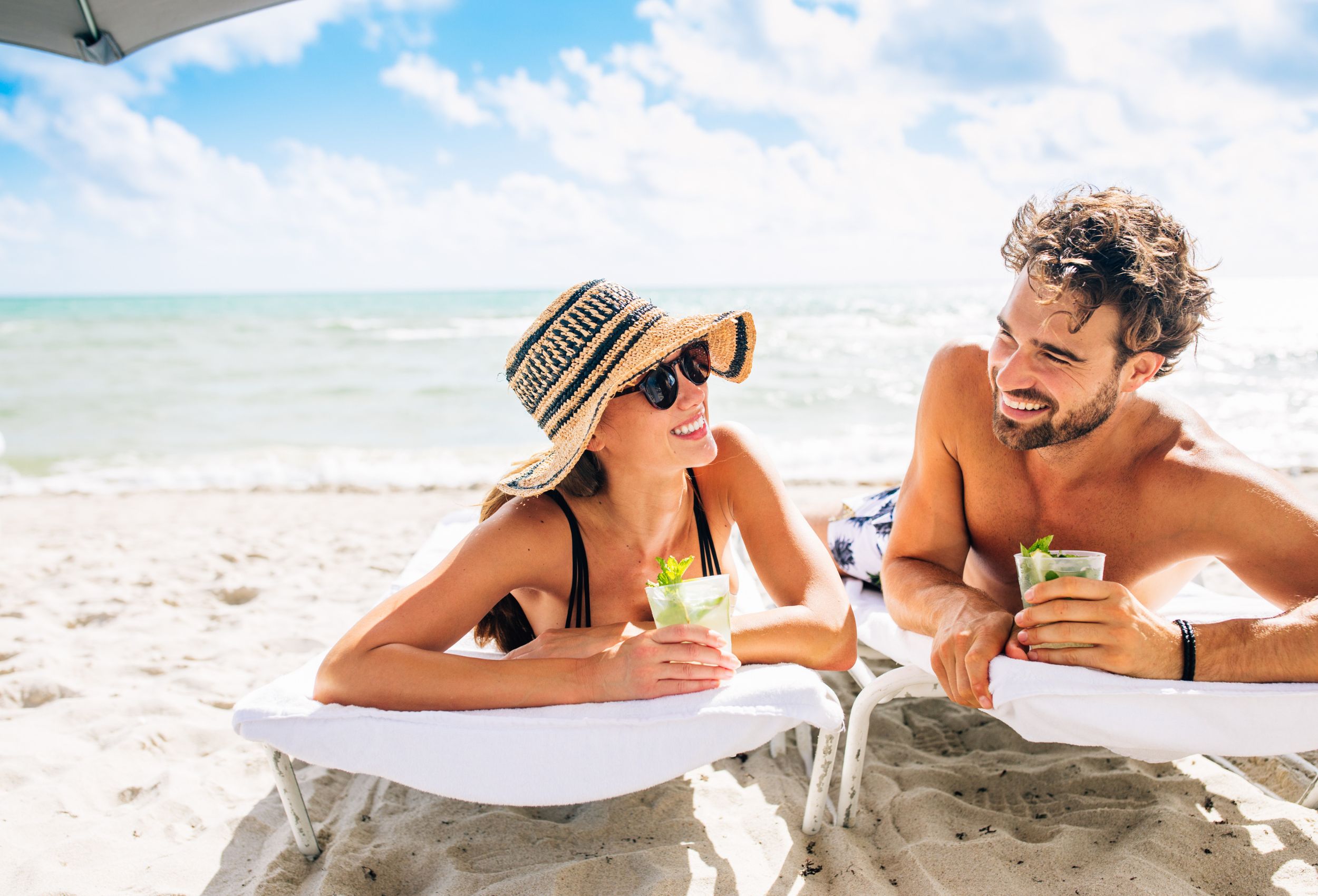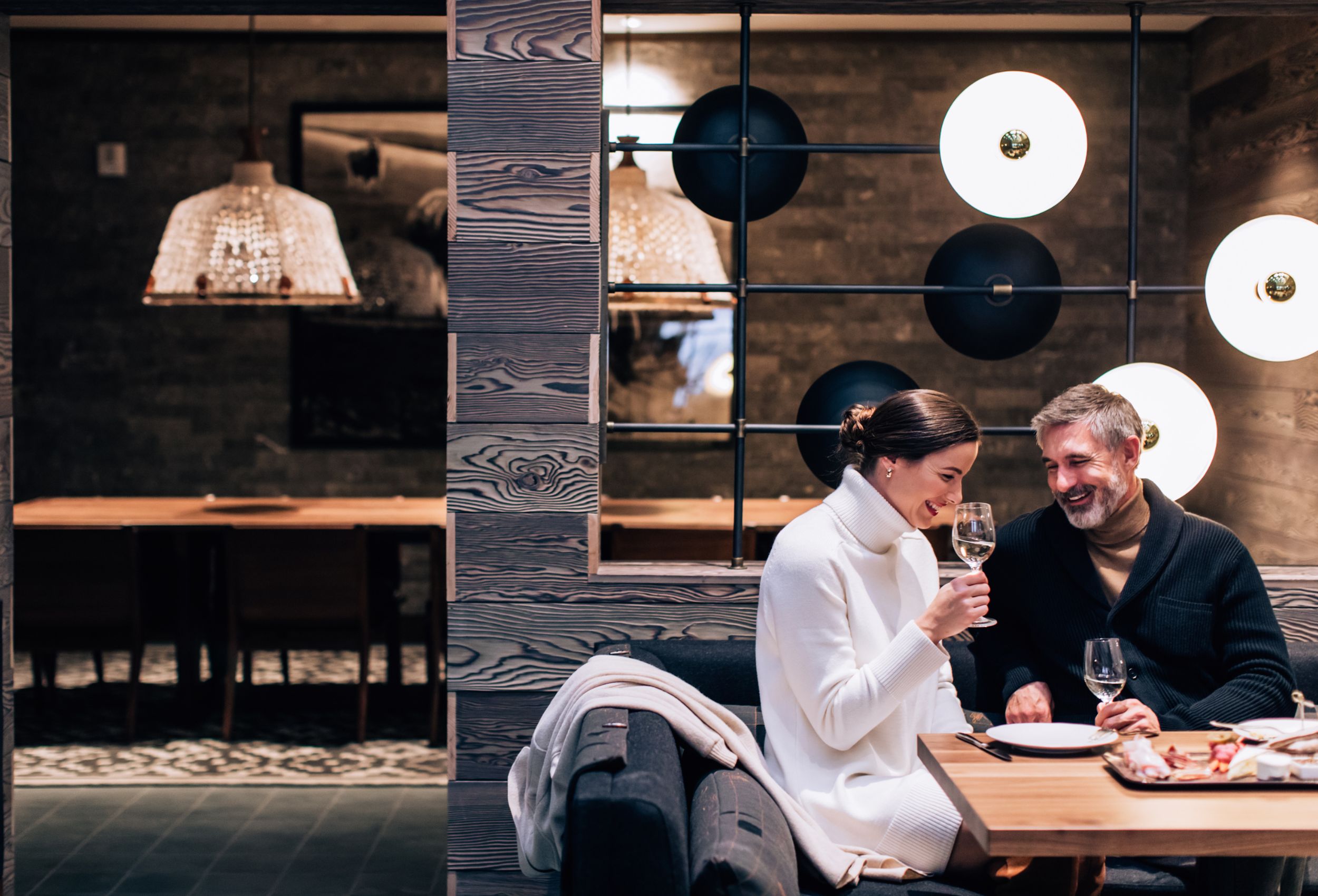As a hospitality marketer, it can be daunting to think about how to communicate to your guests during the COVID-19 pandemic. Where and how do you begin? What happens as markets start to re-open and travel begins again? We at BCV are breaking down a phased approach to social media marketing to make it easier for you to share your adjusted messaging during the crisis.
Phase 0: Shift Your Content
Enter the Facebook pixel, a social media tracking tool and the hospitality industry’s digital best friend. Using a pixel allows you to retarget online audiences, track revenue, and garner invaluable insights into your target market’s planning and booking habits.
But before we get into all the benefits the Facebook pixel can provide, let’s take a look at what it is and how you can use it.
What is the Facebook pixel?
You can and should communicate to your audience right now by shifting your content strategy. This includes adjusting your tone and message. Here are a few considerations to keep in mind:
-
Be sensitive to your specific market’s situation.
-
Acknowledge the current environment and offer utility rather than selling to your audience.
-
Engage in real-time conversation through community management.
Phase 1: Prior to Re-Opening Your Property
We recommend curating and creating sensitive and appropriate content at least 1-3 months prior to re-opening in order to engage your audience and future guests. Building a community is essential in order to maintain relationships with your audience and build future business. A few recommendations are:
-
Invite your community to share their favorite travel memories.
-
Share “EGC” employee-generated content from home.
-
Leverage community hashtags and trends, such as stay-at-home challenges and fun “choose your quarantine house” polls.
-
Invite your community to learn “insider tips” from the experts on property.
Phase 2: Re-Opening Plan
Your re-opening plan should be separate from your booking plan. Re-opening should focus on awareness and your safety messaging. A few recommendations are:
-
Share steps being taken to ensure a safe environment.
-
Consider incorporating a message from leadership.
-
Provide a “behind-the-scenes” look at the property.
-
Share “staff highlights” that show how they are keeping the property safe for your guests.
Phase 3: Booking Relaunch
Implementing a booking relaunch plan should be done with great sensitivity and hyper-targeting. You will want to ensure that you are communicating about future bookings or offers to audiences that can travel and that would not be violating any government restrictions. A few recommendations are:
-
Launch a booking campaign specific to social media users who have engaged on your pages during the pandemic.
-
Drive local “staycations” once your market has deemed travel to be safe.
-
Promote F&B and amenities that are available for locals to enjoy.
-
Utilize community and tourism hashtags that safely promote the re-integration into travel.
Social Media Advertising
How does paid social media fit into your phased content approach for hospitality? Here are three key business objectives that you can achieve through your paid social:
Awareness
-
Reach a large audience with the safety messaging from your property in order to reassure guests or future prospects.
-
Share critical messaging regarding the re-opening date for your property, or share that your property is still open with any modified amenities.
-
Successfully reach a local audience with details about open F&B outlets and provide directions to the location.
Engagement
-
Reignite enthusiasm for the property and foster community engagement by optimizing for engagements such as likes, clicks, and shares.
-
Consider spotlighting what guests miss most about the hotel to further drive the conversation about aspirational future travel.
Conversions
-
Once it is safe to do so in your market, drive future bookings through hyper-targeting your audience. Ensure that your message is reaching the right consumers such as local drive-markets for “staycations” or F&B specials.
-
Incorporate any brand promotions and consider cross-promotion with local tourism organizations to reassure guests and highlight the destination.
